Question And Answer
Publications
Articles, publications, books, tools and multimedia features from the U.S. Institute of Peace provide the latest news, analysis, research findings, practitioner guides and reports, all related to the conflict zones and issues that are at the center of the Institute’s work to prevent and reduce violent conflict.
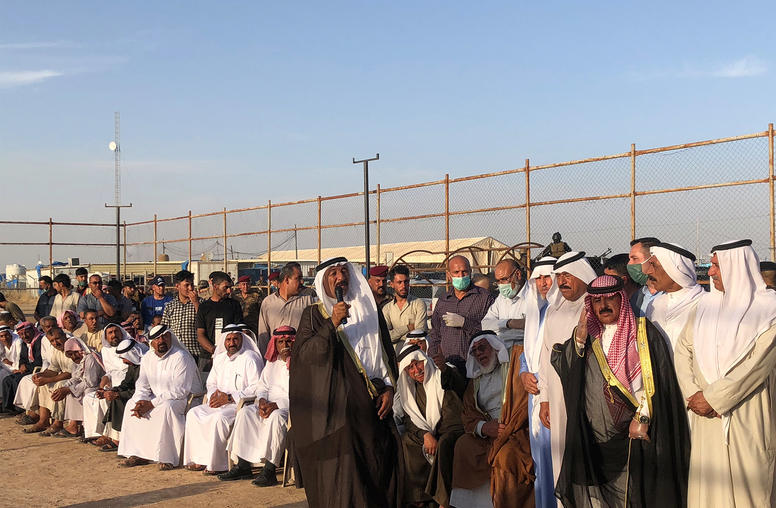
Iraqi-U.S. Ties are ‘Restarting,’ Iraqi Foreign Minister Says
Iraq and the United States have launched a reset in relations, Foreign Minister Fuad Hussain said in a USIP forum August 20. Following at least a year of strain in bilateral ties, this week’s negotiations in Washington will produce a broader relationship than previously, “not only limited to security matters,” Hussain said during an official visit alongside Prime Minister Mustafa al-Kadhimi just 15 weeks after he and his government took office. Their talks at the White House, State Department and with other officials will be vital in setting the next chapter of U.S-Iraq relations.

Rising Religious Revanchism in Turkey and India Has Dire Consequences
Forced conversions are usually about people. But two sacred sites were recently transformed in Turkey and India, with potentially dire consequences for those countries and the world.

Conflict Prevention in the COVID Era: Why the U.S. Cannot Afford to Go it Alone
As the United States and other international actors assess the wreckage reaped by the coronavirus pandemic around the world, estimates are that an unprecedented level of aid will be needed to mitigate its worst impacts in fragile states. Given the ballooning costs of COVID-response efforts, the U.S. will need to deepen its partnerships with other international donors and local actors to bolster accountable and inclusive institutions and prevent conflicts and violence from escalating. Equally important, but less discussed, these international efforts will need to focus on managing a more complex global risk landscape that is emerging from the pandemic.
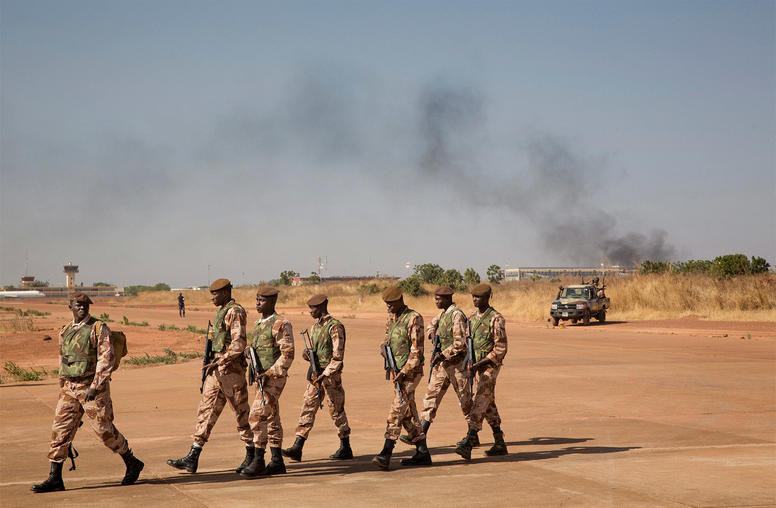
Five Things to Know About Mali’s Coup
On August 18, rising tensions to boiled over into a mutiny, leading to the resignation of President Ibrahim Boubacar Keita. This dramatic chain of events followed three months of protests, calling for Keita’s resignation. As the country grapples with an intractable insurgency and eight years of instability, anger over the government’s failure to resolve conflict, respect democratic norms, and provide basic services pushed citizens and the military to their boiling point. What comes next in Mali over the coming months could have significant implications for the country’s democracy and on the stability of the Sahel.
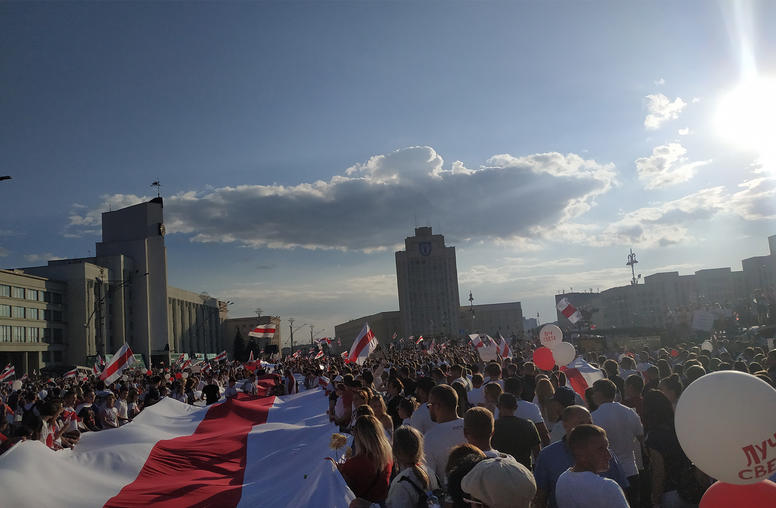
What’s Next for the Peaceful Uprising in Belarus?
Recent weeks have seen a massive outpouring of peaceful public protest in Belarus after an election widely believed to be fraudulent. Hundreds of thousands of Belarusians have taken to the streets to demand that longtime authoritarian President Alyaksandr Lukashenka step down and another democratic election be held.
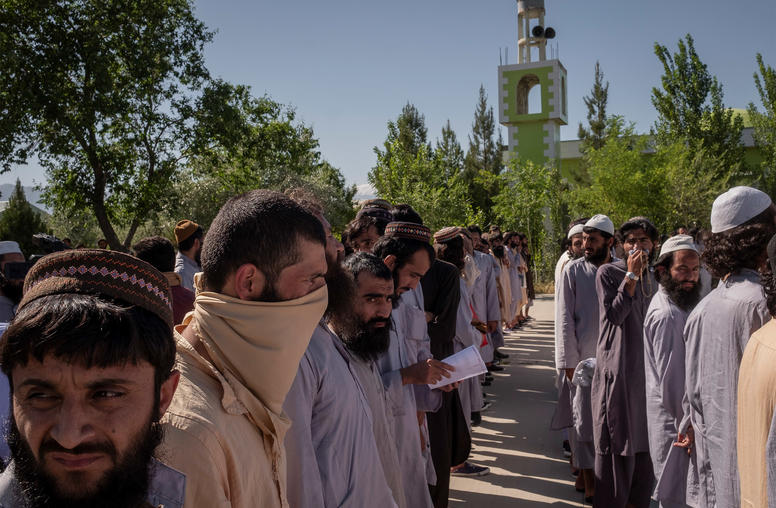
Afghan Government: ‘Optimistic’ on Opening Talks with Taliban
Afghanistan’s government is optimistic that the delayed peace talks with the Taliban can start soon, acting Foreign Minister Mohammed Haneef Atmar told an online audience. Atmar’s comments are the latest sign that one reason for the five-month delay, disputes over the two sides’ release of prisoners they have been holding, may be nearly resolved. Taliban attacks on government forces have continued, and civilian casualties have remained high, as the two sides have wrestled over conditions for starting the talks as envisioned in a February agreement between the United States and the Taliban.
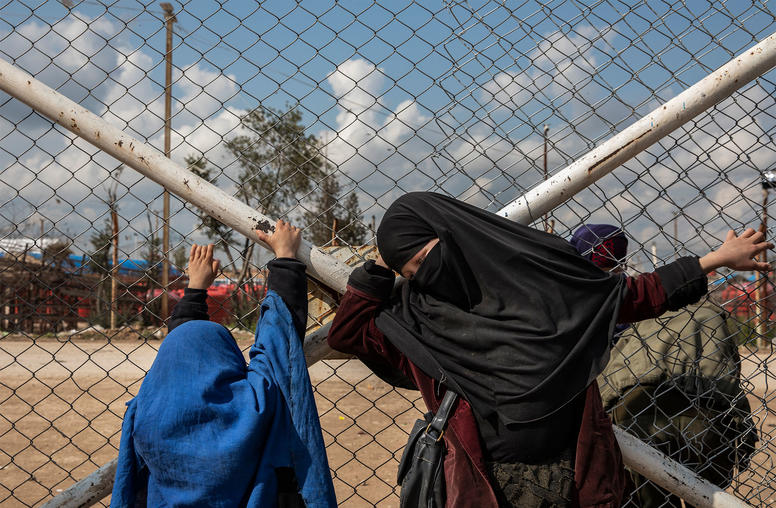
To End ISIS, We Must Find Futures for Its Survivors
At age 15, Shamima Begum ran away from home in England and, with two girlfriends, ventured into Syria’s war to join ISIS. Within days, she was married to an ISIS fighter; she has since had three children, all of whom have died. Begum, one of 70,000 former residents of the ISIS-declared state now confined in a displacement camp in Syria’s desert, is asking a British court to overturn a government order that stripped her of her citizenship. As nations worldwide seek justice, accountability—and their own security from ISIS’ violent extremism—Begum’s story shows how a “peacebuilding” approach is needed.
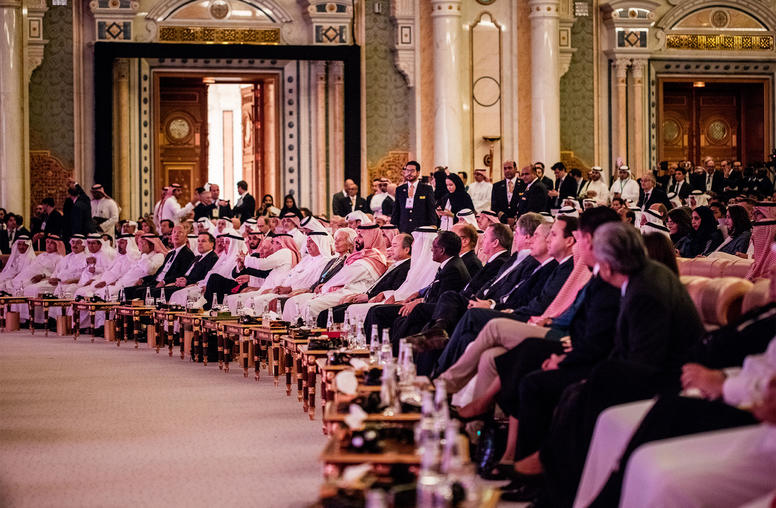
After UAE Deal, How Can Arab States Impact Israeli-Palestinian Peace?
For decades, many Arab states were united in their hostility toward Israel and support for the Palestinian cause, even though in some cases that backing was simply rhetorical. In recent years, however, Israel and some Arab countries have engaged in a quiet rapprochement, spurred by common concerns over Iran’s influence in the region, among other things. The August 13 announcement of the “Abraham Accord” between Israel and the UAE was the most public and dramatic demonstration of these shifting regional dynamics. But what does this mean for the Israeli-Palestinian conflict and the role of the region in finding a resolution?
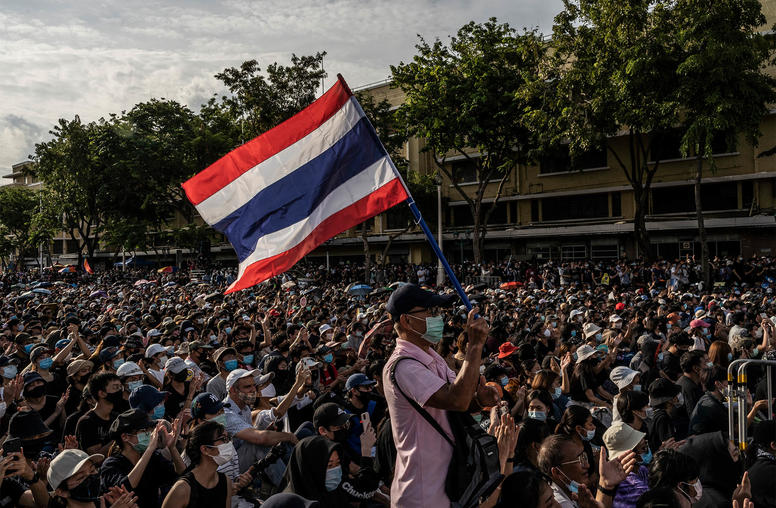
Thailand’s Political Protests Wade into Unprecedented Territory
Thailand’s recent protests have burgeoned into a powerful movement that is challenging the country’s longstanding social and political orders. Along with calls for democratic and constitutional reform, many Thai youth and activists have begun openly criticizing the monarchy’s role in public life—something that has long been unthinkable in a country where the monarchy plays a central role in society. USIP’s Brian Harding examines what sparked these unprecedented demonstrations, the resistance protesters have faced from Thailand’s powerful military and government, and where the movement might lead.
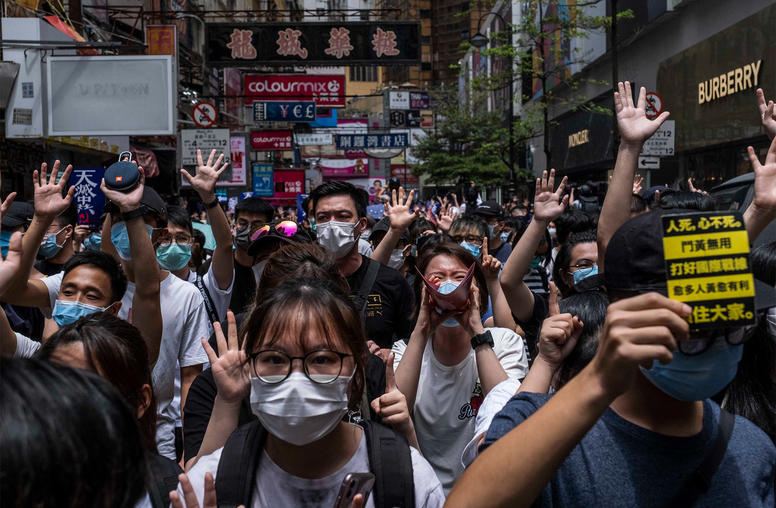
Mediating Mass Movements
People power is a defining feature of our time. In 2019, movements in Sudan and Algeria forced entrenched military dictators from power. In Hong Kong, millions of citizens have taken to the streets to demand democratic self-rule. Chile, Colombia, Lebanon and Iraq faced popular uprisings by citizens railing against corruption, government incompetence and dysfunctional political and economic systems. These protests are happening at a time of resurgent authoritarianism, marked by a 13-year global decline in civil and political rights and an erosion of the rule of law. Widening inequality, rampant corruption, and the fraying of social contracts between governments and their citizens are at the roots of many of these conflicts.